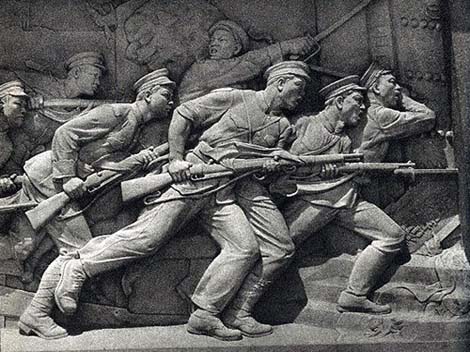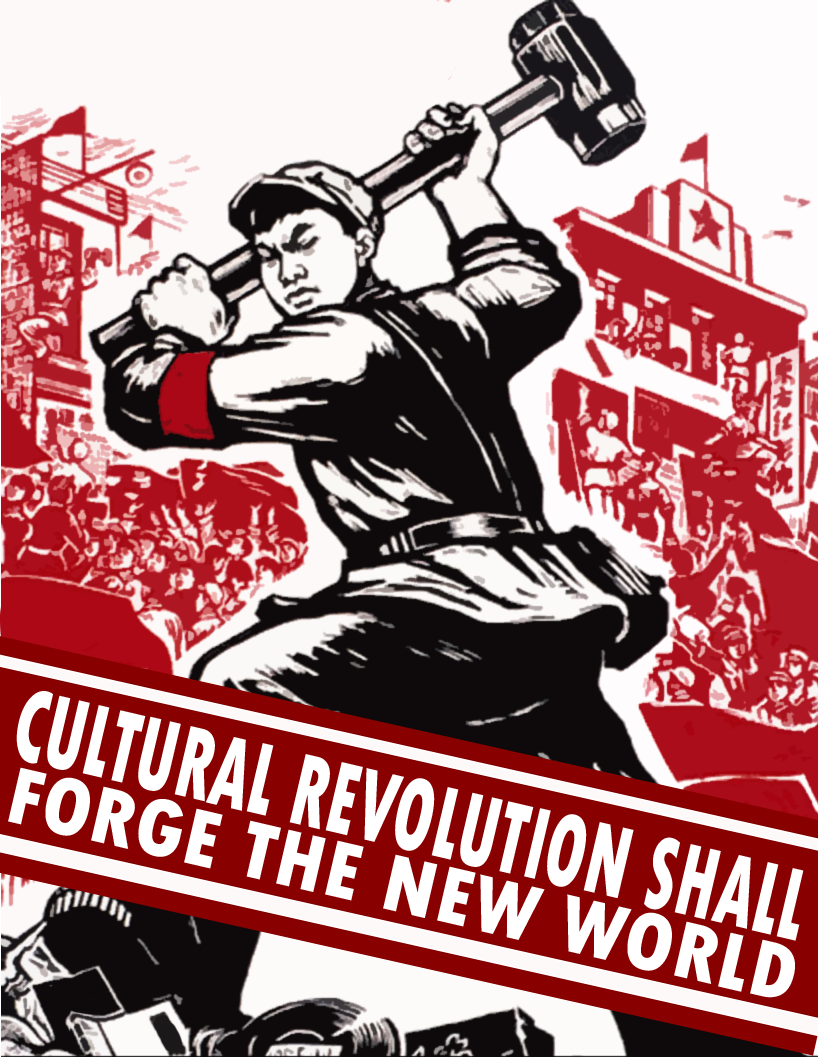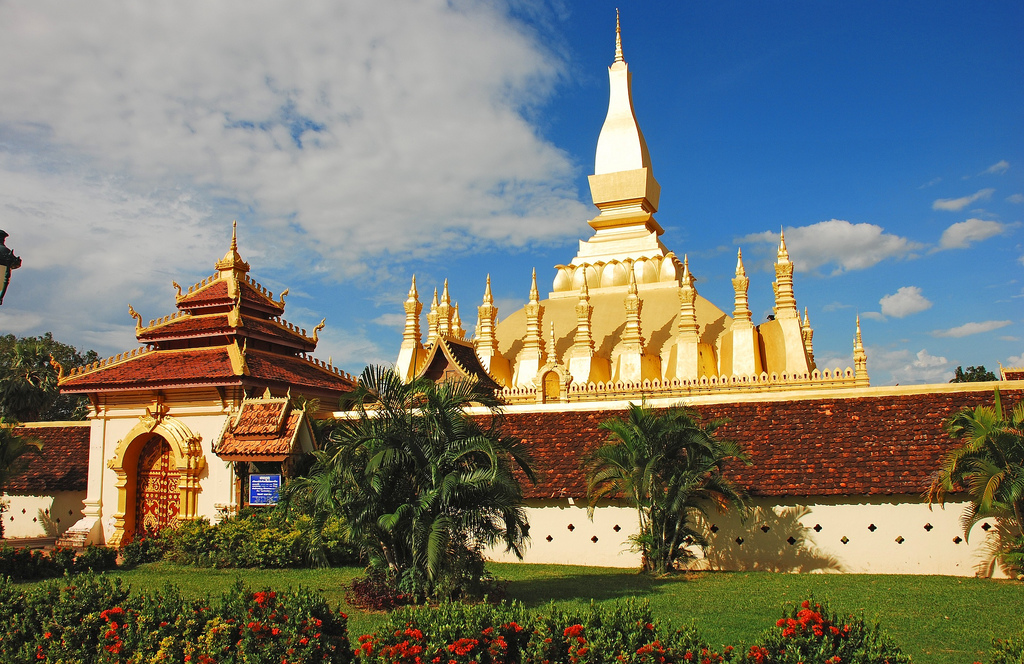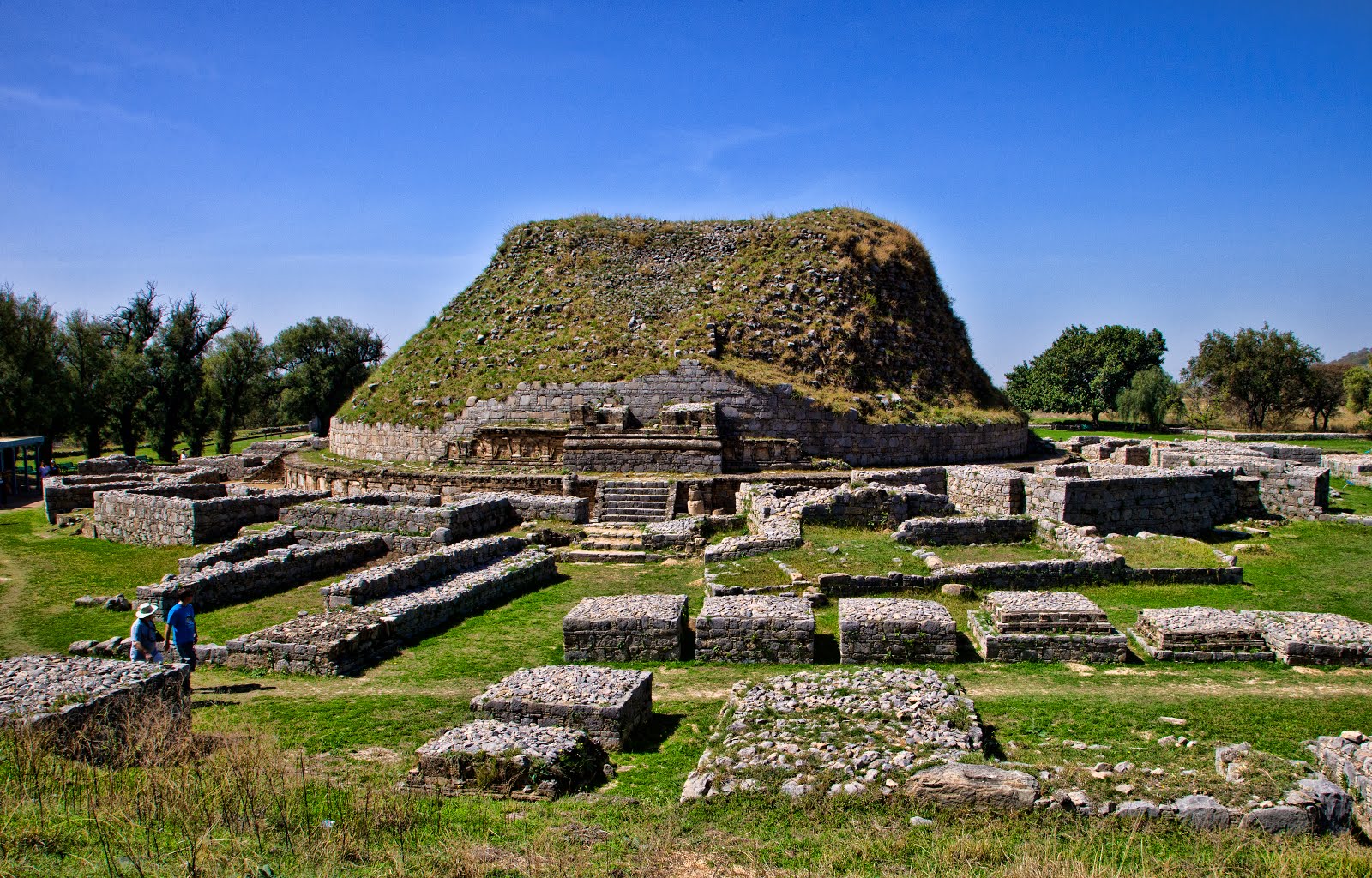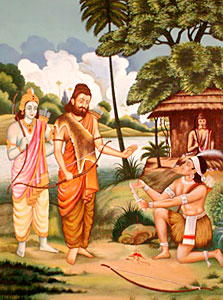Woodrow Wilson and imperialism
For more information: http://imywishmylife.blogspot.in/2015/11/revolutions-in-modern-world.html
Nineteenth Century was a period of relentless rapid, colonial expansion of European powers from the English to the Italians; Belgians to the Russians; Spanish to the Germans. This period was also the awakening of colonies especially Asia. A political bubble was inflating in Europe and revolution was brewing in Asia. Both burst out with the First World War or the Great European War. The War saw the fall of Great Empires - the Hohenzollern Empire, the Habsburgs, the Ottoman Turks, and even the Tsarist Regime of Russia. Out of the War emerged a new superpower - The United States of America. The aftermath of World War I was like no other. Amidst such a situation, the leader of USA, Woodrow Wilson appeared like a crusader for the East to the colonised. This was a brief gmoment in World History but a defining moment.
Woodrow Wilson was famed as a pacifist. He was reluctant to enter the First World War. After the War was won, he dictated the 14 points which included free speech and world peace. He supported freedom for colonies. He suggested a softer motion towards Germany during the Treaty of Versialles. However, Western Allies especially France refused to accept the Fourteen points put forward by Wilson. This gesture by Wilson was taken with good heart by African and Asian colonies. He was quite unlike his predecessors. He abnormally was an Anglophile. He did not follow Roosevelt's big stick policy. His idea of anti-imperialism however favoured his third point of the fourteen, Free Market. This policy of the United States hid the its imperialist nature. We know as a fact that he did not see American economy as a threat to foreign nations and willed that other countries did not either.
The Paris Peace Conference during the end of the war attracted many peoples. It was seen as an opportunity to ensure national determination as supported by Wilson. Libya to Korea, many nations and territories wished to use Wilson's fourteen points in Paris to fight for freedom. Chinese students learned them by heart. India was moved by Wilson's views and the Congress Party chose to send a delegation to Paris to represent their National Movement. Saad Zaglul of Egypt tried to rally support from Wilson to gain freedom from the British as a protectorate. Ho Chi Minh was still a student in Vietnam but he rose to the helm with Wilson's words. The peace conference in Paris attracted him. He decided to go to France, the nation that ruled him.
The Wilsonian moment was one of uprising and awakening. This uprising was against the European capitalist and colonial powers. Wilson had a problem with colonialism but not capitalism. Capitalism now had an enemy in Europe trying to break it apart, The Union of Soviet Socialist Republics. Lenin pleaded Asian countries to free themselves from the clutches of Europe. With Marxism and Wilsonian ideology pushing into the East, winds of change swept across the region.
The Non-Coperation Movement was launched by Gandhiji in India. Mustafa Kemal Ataturk constructed modern Turkey. China saw the emergence of Mao. Before anyone could realise, Wilson recognised the legitimacy of the British Protectorate over Egypt. The British entered Persia and Iran was subjected to foreign rule. The European powers retorted to the revolutions of the East. Uprising became war. The Wilsonian moment disappeared faster than it appeared on the world political stage.
That was not the end of struggle. It in fact intensified movement and revolution and the world was all set to change. Thanks or no thanks to Woodrow Wilson, I don't know.
The Paris Peace Conference during the end of the war attracted many peoples. It was seen as an opportunity to ensure national determination as supported by Wilson. Libya to Korea, many nations and territories wished to use Wilson's fourteen points in Paris to fight for freedom. Chinese students learned them by heart. India was moved by Wilson's views and the Congress Party chose to send a delegation to Paris to represent their National Movement. Saad Zaglul of Egypt tried to rally support from Wilson to gain freedom from the British as a protectorate. Ho Chi Minh was still a student in Vietnam but he rose to the helm with Wilson's words. The peace conference in Paris attracted him. He decided to go to France, the nation that ruled him.
The Wilsonian moment was one of uprising and awakening. This uprising was against the European capitalist and colonial powers. Wilson had a problem with colonialism but not capitalism. Capitalism now had an enemy in Europe trying to break it apart, The Union of Soviet Socialist Republics. Lenin pleaded Asian countries to free themselves from the clutches of Europe. With Marxism and Wilsonian ideology pushing into the East, winds of change swept across the region.
The Non-Coperation Movement was launched by Gandhiji in India. Mustafa Kemal Ataturk constructed modern Turkey. China saw the emergence of Mao. Before anyone could realise, Wilson recognised the legitimacy of the British Protectorate over Egypt. The British entered Persia and Iran was subjected to foreign rule. The European powers retorted to the revolutions of the East. Uprising became war. The Wilsonian moment disappeared faster than it appeared on the world political stage.
That was not the end of struggle. It in fact intensified movement and revolution and the world was all set to change. Thanks or no thanks to Woodrow Wilson, I don't know.








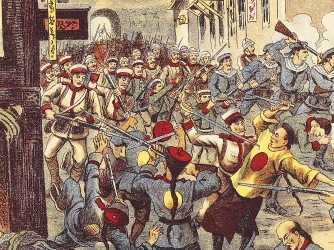
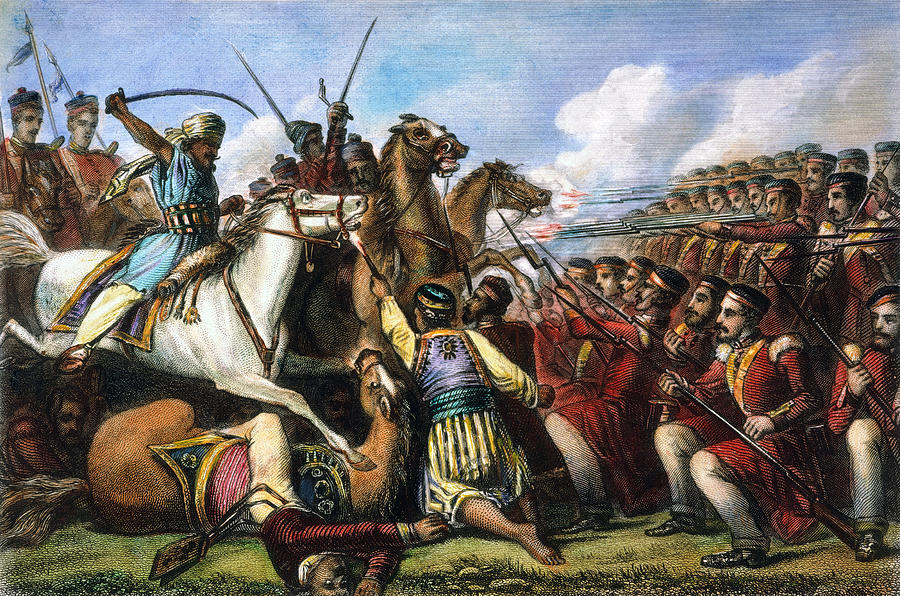

.jpg)
